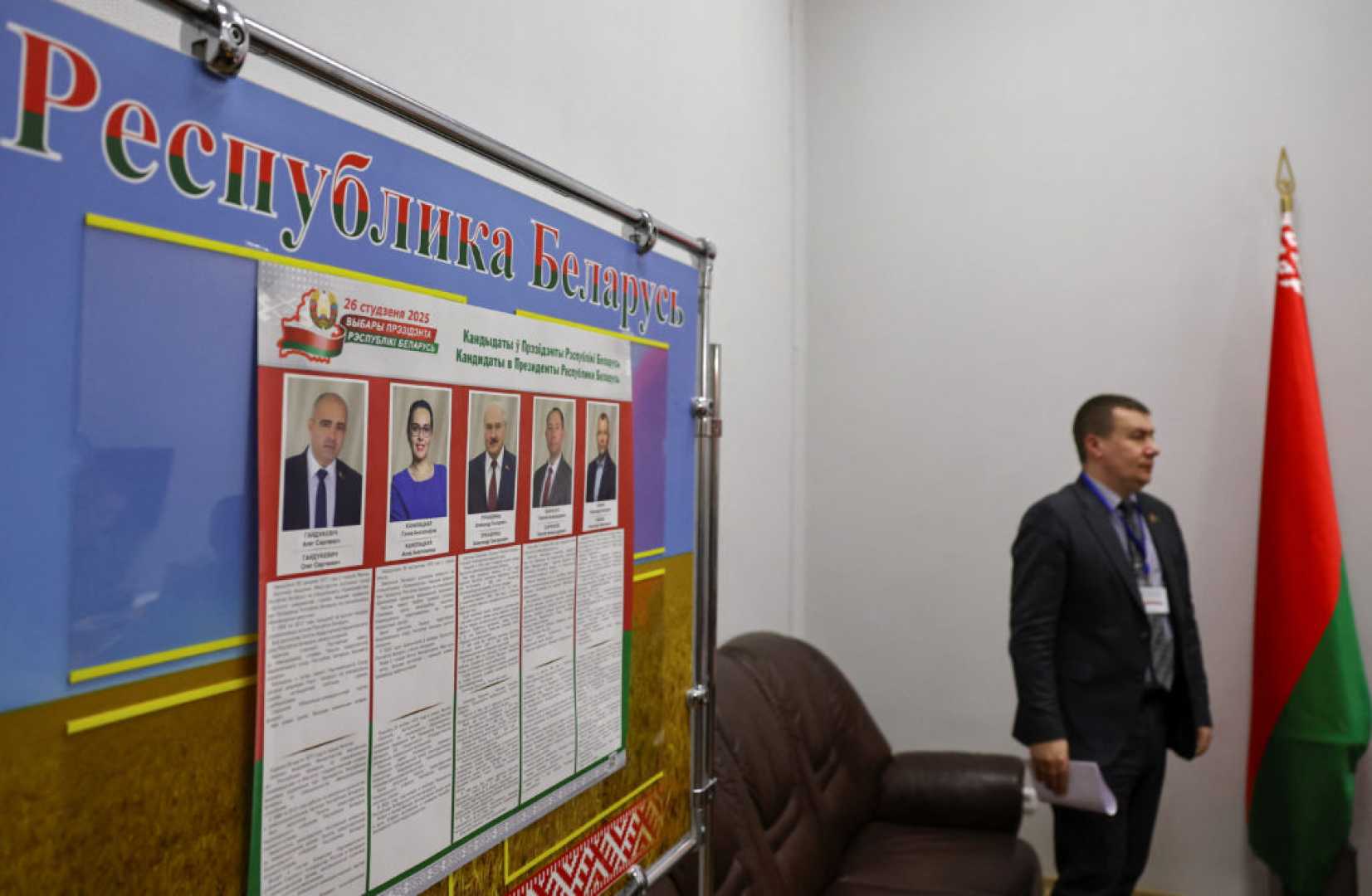Politics
Belarus Election 2025: Lukashenko Poised for Seventh Term Amid Opposition Crackdown

MINSK, Belarus — As Belarus approaches its 2025 presidential election, the streets of Minsk remain eerily quiet. Unlike typical election seasons, there are no billboards, no fervent campaigning, and no visible signs of political competition. The outcome is all but certain: Alexander Lukashenko, the nation’s long-standing leader, is poised to secure a seventh term in office.
Lukashenko, often referred to as “Europe’s last dictator,” has ruled Belarus for over three decades. His grip on power remains unshaken, despite widespread international condemnation and domestic unrest following the disputed 2020 election. This time, his opponents are either imprisoned, exiled, or running campaigns that openly endorse him.
“I’m not following the election campaign. I’ve got no time,” Lukashenko told workers at the Minsk Automobile Plant this week, dismissing the process with a wave of his hand. His supporters presented him with an axe, a symbolic gift that drew rapturous applause. The scene stood in stark contrast to his 2020 visit to the Minsk Wheels Tractor Plant, where workers jeered and demanded he leave.
The 2020 election, which officially awarded Lukashenko 80% of the vote, sparked nationwide protests and a brutal crackdown. Thousands were arrested, and opposition leaders were forced into exile. The European Parliament has since labeled the upcoming election a “sham,” citing severe repression and a lack of democratic standards.
Despite the criticism, Lukashenko remains defiant. When questioned about the absence of opposition leaders, he retorted, “Do you actually know who the leaders of the opposition are? Wake up!” His challengers, including Sergei Syrankov of the Communist Party and Oleg Gaidukevich of the Liberal-Democratic Party, openly support his re-election. Syrankov’s campaign slogan, “Not instead of, but together with Lukashenko!” underscores the lack of genuine competition.
In Vitebsk, a small town four hours from Minsk, Syrankov addressed a modest crowd under the hammer and sickle emblem. “There is no alternative to Alexander Lukashenko as the leader of our country,” he declared. Gaidukevich echoed this sentiment, stating, “If anyone dares to suggest the outcome of the election isn’t known, he’s a liar.”
For many Belarusians, the election represents a choice between stability and uncertainty. “I want a stable salary, stability in the country,” said Sergei, a welder in Oktyabrskaya. Others, like Zenaida, fear the chaos they see in neighboring Ukraine. “God forbid we should end up like Ukraine,” she said.
Exiled opposition leader Sviatlana Tsikhanouskaya has called for a boycott of the election, describing it as “a farce” and “the reappointment of a dictator by a dictator.” Human rights groups report that over 1,200 political prisoners remain behind bars, a stark reminder of the repression that continues to define Lukashenko’s rule.
As Belarusians prepare to cast their votes, the election serves as a grim reminder of the nation’s political reality. With no viable opposition and widespread fear of instability, Lukashenko’s victory seems all but assured.












